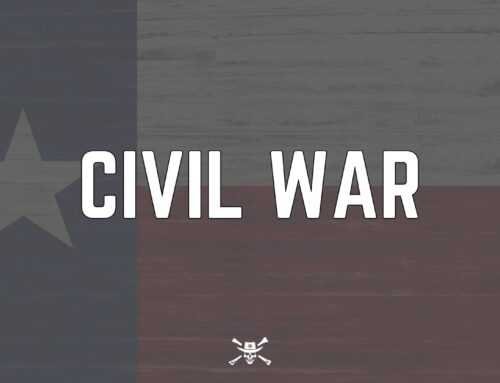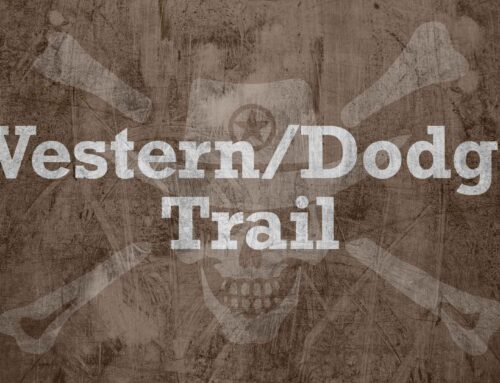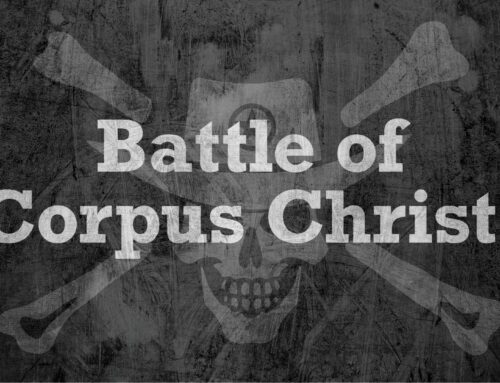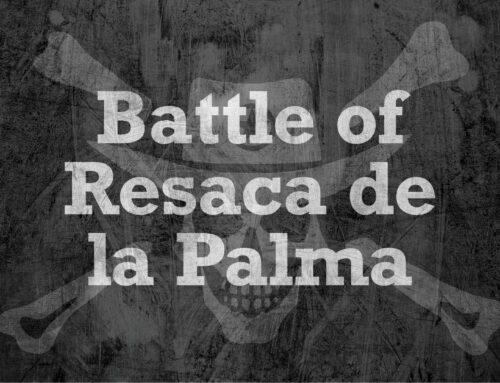World War II Texans: Sacrifice and Valor
Introduction
When World War II erupted, Texas, known for its fierce independence and strong sense of duty, answered the call to service with unparalleled enthusiasm. The Lone Star State played a pivotal role in the war effort, both on the battlefield and the home front. This blog post explores the multifaceted contributions of Texans during World War II, shedding light on the brave men and women who served, the battles they fought, and the lasting impact on Texas’ economy and society.
Number of Texans Who Served
Approximately 750,000 Texans served in the armed forces during World War II, a staggering number that underscores the state’s commitment to the war effort. These brave souls came from all walks of life and took on various roles within the military.
Texan women also played a crucial role during the war. They served as nurses, provided essential medical care to wounded soldiers, and joined the Women’s Army Corps (WAC) and other support units. These women not only supported the war effort but also paved the way for future generations by breaking barriers and demonstrating their capabilities.
Theaters of War
European Theater
Texans participated in numerous significant battles and campaigns in the European Theater. Their bravery and strategic importance were evident in many key engagements.
One of the most notable contributions was during the D-Day invasion of Normandy on June 6, 1944. Many Texans were part of the Allied forces that stormed the beaches, a pivotal moment in the European Theater that marked the beginning of the end for Nazi Germany.
Pacific Theater
In the Pacific Theater, Texans fought valiantly in battles such as Iwo Jima and Okinawa. Their involvement was crucial in securing victories that contributed to the eventual defeat of Japan. The tenacity and courage displayed by Texans in these battles were instrumental in the overall success of the Allied forces.
Notable Individuals
Texas produced some of the most celebrated heroes of World War II. These individuals not only exemplified bravery and heroism but also became symbols of American valor.
Audie Murphy
Hailing from Kingston, Texas, Murphy became the most decorated U.S. combat soldier of WWII. His remarkable service record includes every major military combat award for valor available from the U.S. Army, as well as French and Belgian awards for heroism. Murphy’s story is one of incredible courage and determination.
Chester Nimitz
Born in Fredericksburg, Texas, Nimitz served as Fleet Admiral of the U.S. Navy. He played a major strategic role in the Pacific Theater, leading U.S. naval forces to victory in several critical battles, including Midway and Leyte Gulf.
Cleto Rodriguez
Born in San Marcos, Texas, Rodriguez was a Staff Sergeant in the U.S. Army. He received the Medal of Honor for his heroism in the Battle of Manila, where he and another soldier killed 82 enemy combatants and destroyed several enemy positions.
David Lee “Tex” Hill
Born in Kwangju, Korea, to Texan parents, Hill was a Brigadier General in the U.S. Air Force. He was a member of the Flying Tigers and known for his combat skills and leadership in the China-Burma-India Theater.
Doris Miller
A cook in the U.S. Navy from Waco, Texas. During the attack on Pearl Harbor, Miller showed extraordinary bravery and received the Navy Cross for his actions. His heroism was a significant morale booster for the African American community and the nation as a whole.
Dwight D. Eisenhower
Eisenhower served as Supreme Commander of the Allied Expeditionary Force in Europe. His strategic acumen and leadership were instrumental in orchestrating the D-Day invasion and the overall victory in Europe.
James Earl Rudder
Born in Eden, Texas, Rudder was a Lieutenant Colonel in the U.S. Army Rangers. He led the 2nd Ranger Battalion during the D-Day invasion, scaling the cliffs of Pointe du Hoc under heavy enemy fire and securing key positions.
Leonard Roy Harmon
From Cuero, Texas, Harmon was a mess attendant in the U.S. Navy. He was posthumously awarded the Navy Cross for his bravery during the Naval Battle of Guadalcanal, where he was killed while aiding wounded shipmates.
Macario Garcia
Born in Villa de Castaño, Mexico, but raised in Sugar Land, Texas, Garcia was a Staff Sergeant in the U.S. Army. He received the Medal of Honor for his gallantry during combat in Germany, where he single-handedly destroyed two enemy machine-gun emplacements and captured multiple enemy soldiers.
Oveta Culp Hobby
From Killeen, Texas, Hobby was the first director of the Women’s Army Corps (WAC). She played a crucial role in the organization and leadership of the WAC, significantly contributing to the war effort by integrating women into the military.
Samuel Dealey
From Dallas, Texas, Dealey was a naval officer and submarine commander. He received the Medal of Honor for his extraordinary bravery, particularly noted for his aggressive and successful attacks on enemy vessels, including sinking multiple enemy ships during patrols in the Pacific.
William “Bill” Crawford
From Pueblo, Colorado, but identified strongly with Texas during his service, Crawford was a Private in the U.S. Army. He received the Medal of Honor for his gallantry in Italy by capturing enemy positions and securing his unit’s advance.
Economic Impact on Texas
The war effort significantly boosted Texas’ economy, transforming it into a hub of industrial and military activity. The state’s factories and shipyards operated around the clock to produce aircraft, ships, and other war materials, fueling the Allied war machine and providing jobs for thousands of Texans.
Military bases in Texas, such as Fort Hood and the Naval Air Station Corpus Christi, played critical roles in training and support. These installations brought economic growth and development to their surrounding areas, leaving a lasting impact on the state’s infrastructure and economy.
Homefront and Support
On the homefront, Texans displayed remarkable patriotism and resilience. Communities across the state participated enthusiastically in war bond drives, raising funds to support the war effort. Rationing regulations were adhered to diligently, ensuring that resources were available for the troops.
Texan women entered the workforce in unprecedented numbers, taking on roles traditionally held by men and proving essential to the war effort. They worked in factories, served as clerks, and took on various other responsibilities, showcasing their strength and capability.
Post-War Texas
The end of World War II brought significant changes to Texas. The GI Bill helped veterans reintegrate into society, offering education and housing benefits that spurred economic growth and development. Many veterans used these opportunities to build new lives, contributing to the state’s post-war boom.
The contributions and sacrifices of Texas veterans left a lasting legacy, shaping the state’s post-war development and community spirit. Their experiences and the values they upheld continue to influence Texas and the nation to this day.
Conclusion
The story of Texans in World War II is one of immense bravery, sacrifice, and dedication. From the battlefields of Europe and the Pacific to the factories and fields of the homefront, Texans played a crucial role in securing victory. Their legacy lives on in the freedoms we enjoy today and the enduring spirit of the Lone Star State. This tribute honors all Texans who contributed to the war effort, both at home and abroad, recognizing their unwavering commitment and profound impact on history.
Sources and Further Reading
- “Audie Murphy: American Soldier” by Harold B. Simpson
- “Texas and Texans in World War II” by Thomas W. Cutrer
- “Doris Miller: Hero of Pearl Harbor” by Thomas Cutrer
- Various archives and historical records from the Texas State Historical Association
Additional Content Ideas
Consider adding the following to enrich the blog post:
- Conduct interviews with historians or family members of WWII veterans to provide deeper insights.
- Include photographs and artifacts from the era to bring the history to life.
- Use maps and infographics to illustrate Texan contributions and major battles.





